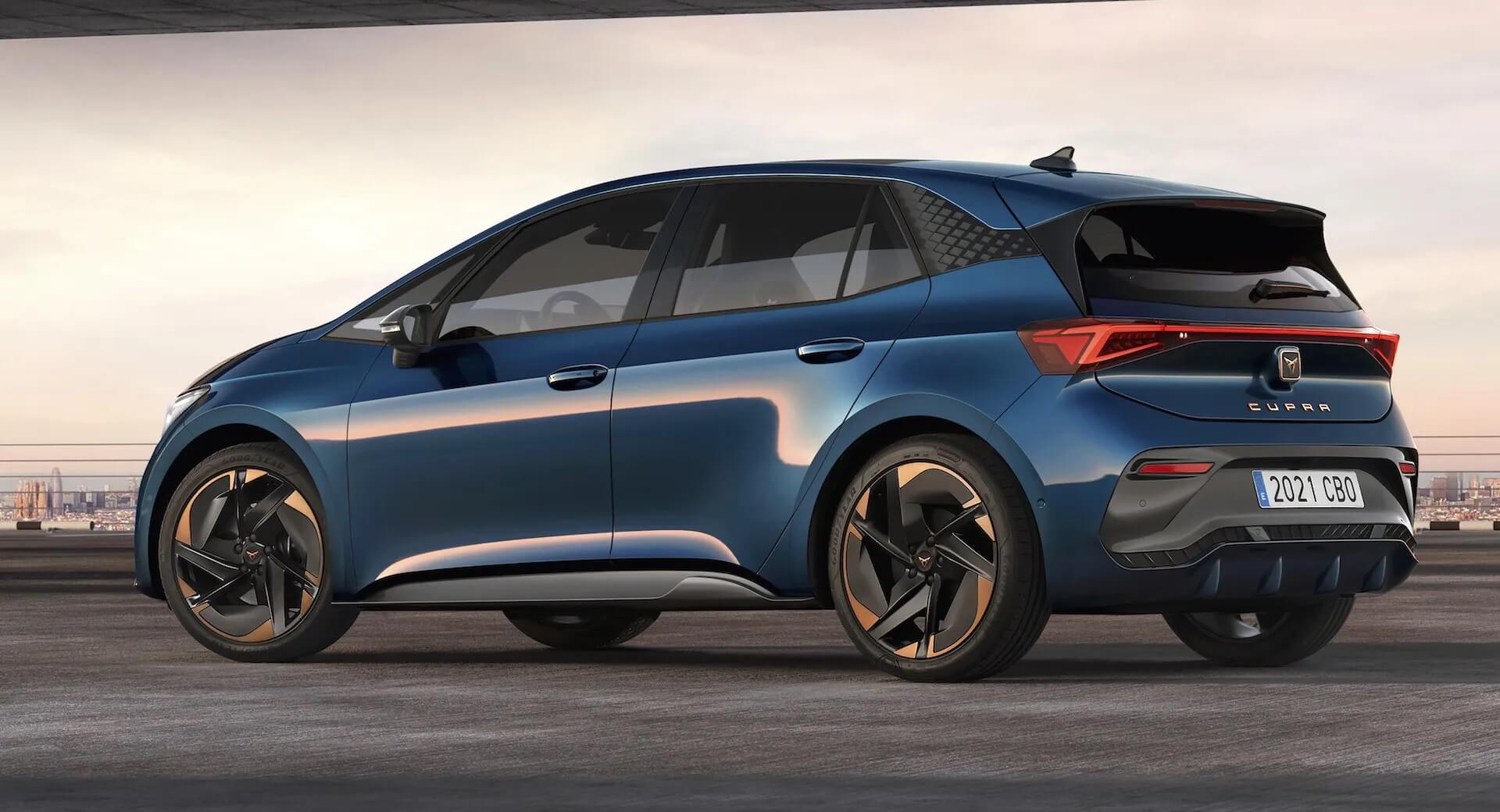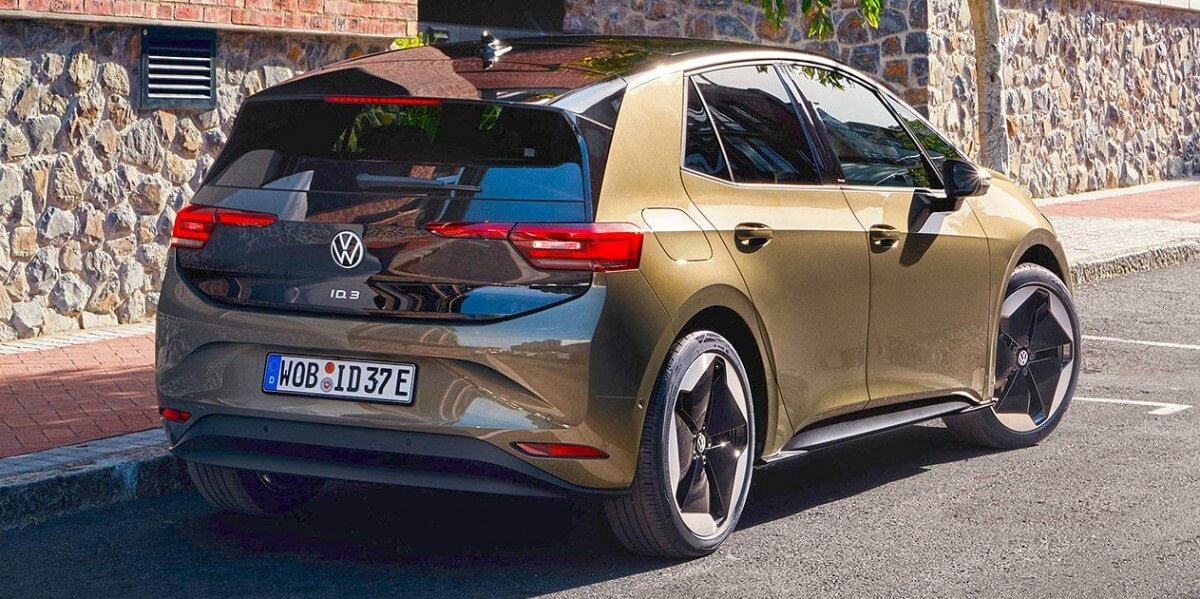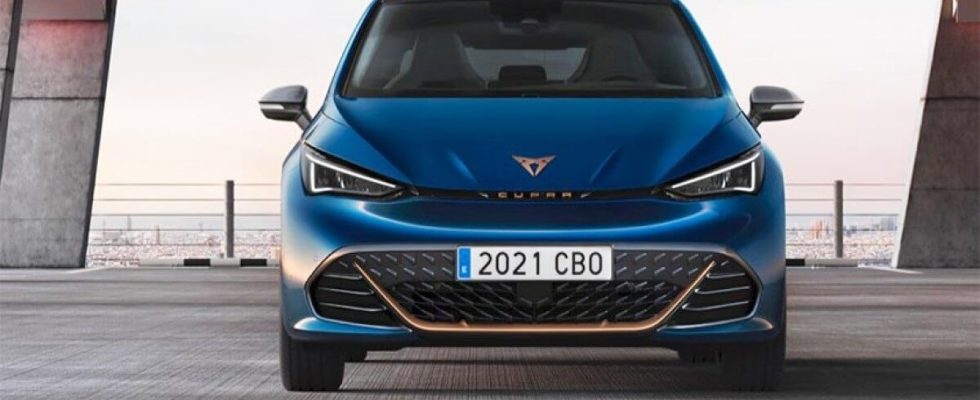VolkswagenDespite ‘s determined efforts to lead the electric vehicle revolution, the automotive giant has encountered an unexpected obstacle. The German automaker surprisingly announced that it has temporarily stopped production of the electric ID.3 and Cupra Born models during the first two weeks of October.
Considering the global trend towards electric vehicles, the reason behind this decision is somewhat surprising: the decreasing demand for electric VWs. Volkswagen announced that the Zwickau factory, responsible for the production of both ID.3 and Cupra Born, will stop production from October 2 to October 13. Simultaneously, the Dresden facility, another important production center of the ID.3, will suspend production from October 2 to October 16.
The exact number of units affected by this production pause was not disclosed, leaving observers to speculate about the extent of the impact. In addition, Volkswagen remains silent about the number of employees who will be affected by this decision.
Adding to this development is the idea of completely stopping production at Volkswagen’s Dresden factory. Although it is possible for the company to save 20 million Euros annually by closing this facility, which has been in operation since 2002, it remains unclear when such a move will occur.
Workers at the Zwickau factory were also unaffected by the latest changes. The company recently backed off a commitment to provide 269 permanent contracts to temporary workers due to challenging market conditions, declining demand for electric vehicles and intense competition from Chinese-made electric vehicles.
Despite this setback, Volkswagen remains committed to innovation. The company has announced updates for the ID.3, and a revamped Cupra Born is reportedly in the works. This new model is expected to have a larger 12.9-inch display and optional dual-motor powertrain.

The temporary production halt raises questions about the market viability of electric vehicles in a world increasingly advocating environmentally friendly alternatives. But this appears to be a Volkswagen-specific problem rather than a reflection of the entire electric vehicle industry. As the automotive industry transitions towards sustainability, Volkswagen’s production halt may indicate hesitancy among consumers to embrace the company’s electric offerings.
Is this a momentary holdup or a sign of a larger trend of consumer caution? The decrease in demand for Volkswagen’s electric vehicles occurs in an environment where competition is increasing and the market is saturated. With increased choice, consumers may be using more judgment when evaluating options before committing.

While Volkswagen has chosen to direct attention to its Chinese competition, there’s no denying that Chinese EVs stand out in terms of quality, performance and value compared to what VW offers. Meanwhile, other car manufacturers such as Audi, BMW, Skoda, Renault, Citroen, Mini, Opel, Ford and of course Tesla are not planning to stop production; instead, they are actively looking for ways to increase production and accelerate the development of new electric vehicles.
Volkswagen’s situation raises questions about its lobbying efforts, which led to the EU investigating Chinese subsidies and could potentially affect Renault. Volkswagen itself enjoys significant subsidies in China but has chosen to keep the issue relatively low-profile, as it does not officially sell Chinese-made electric vehicles in Europe, at least for now.
